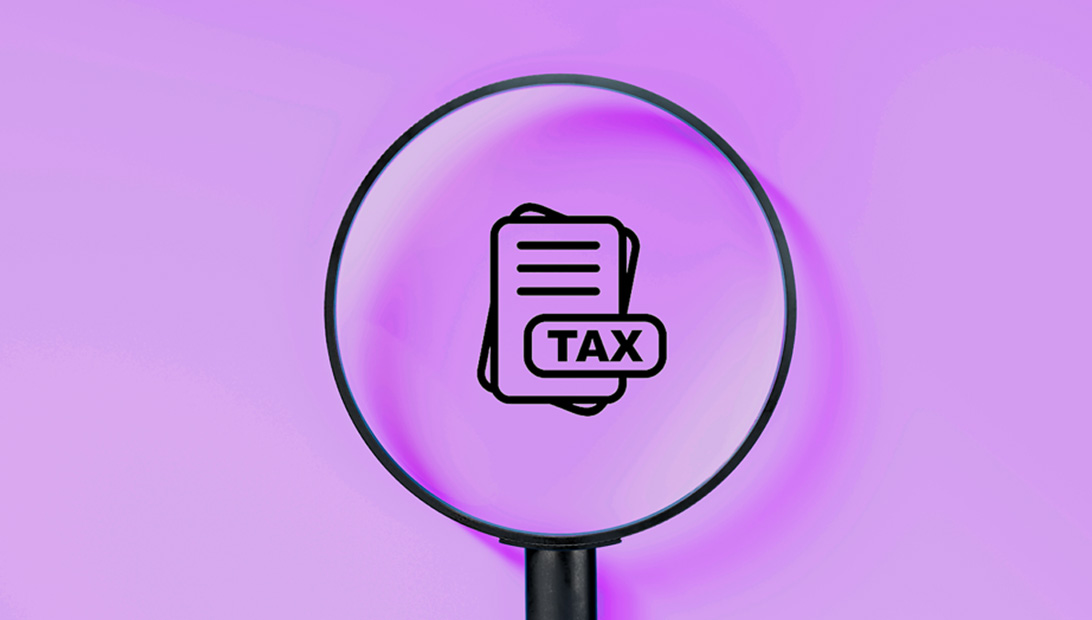
Bank of England: Higher for longer
In their latest meeting, Bank of England (BoE) rate-setters have decided to keep the base rate stable at 5.25%.
This is the third meeting in a row in which the Monetary Policy Committee has decided to keep rates stable – a pause for breath following the 13 consecutive hikes which began in December 2021. This suggests that the MPC believe the level of rates to be about right to achieve the target of 2% inflation; and are going to give that time to play out.
Ben Kumar comments on the BoE’s latest decision
So here I am for the third month in a row telling you that the Bank of England's done absolutely nothing. And you know what? The Federal Reserve in the US did absolutely nothing last night as well. But this is a bit unfair. I'll call myself out on it. When we say there’s been no change in interest rate policy.
We don't mean that the meeting was cancelled or they just turned up for five minutes and said, "let's go to the pub”. Economics is not a science. Sorry to any economists out there. A lot of it is art working out a really complicated beast, the UK economy and this little variable called interest rates, you're tweaking over here. It can take what, 12, 18 months before interest rates feed into the economy.
So when the Bank of England is saying “we are going to do nothing”, that in itself is a decision. And that's important to bear in mind. They are thinking about the consequences of doing nothing just as much as they're thinking about the consequences of raising or lowering interest rates.
Rationale for the BoE’s decision
The BoE has made it extremely clear that it won’t be cutting interest rates any time soon. Partly, that’s because it’s still trying to puzzle out the time lag between a rate rise, and the accompanying economic impact. Most studies suggest that’s somewhere between 12 – 18 months, but there’s a lot of uncertainty around that – economies are complex things! The dirty secret of economists is that monetary policy is as much art as science – something which is usually forgotten by the rest of the world.
It’s been two years since the Bank started increasing interest rates to counter the rise in inflation. Back in December 2021, it increased the base rate from 0.1% to 0.25% on the back of the end of the furlough scheme and the blow of a new Covid-19 variant to businesses.
Fast-forward two years and the world is feeling new shockwaves of the ongoing conflict in the Middle East, and of that between Ukraine and Russia.
The Bank has been grappling with the stubborn effect of inflation on the economy for a while, which peaked at 11.1% in October last year and has since gone down to 4.6%.
But this level is still more than double the 2% target, and with much of the “easy” work done as global energy prices fall out of the calculation, this is where the hard work really starts for the BOE.
Although, it is difficult for most of us to equate “no action” with hard work, it’s worth pointing out that interest rate decisions are not taken lightly – even doing nothing is a decision. After all, the BoE knows that keeping the rate at 5.25% means people find it more difficult to borrow, that the squeeze on incomes will continue, and that the housing market will keep slowing.
But the Bank thinks this decision will help bring inflation to stabilise and reach its target, and to the best of its judgement, believes the short-term pain is worth it in order to prevent the long-term damage that out-of-control inflation can do to an economy (just look at Argentina right now!).
What does this mean for 7IM?
Our portfolios are not affected by the BoE’s base rate, and the latest decision doesn’t change our views.
We believe that the battle against inflation will continue to create volatility over the next year or so. As such, we continue to prefer government bonds to equities, aiming to protect capital as markets move sideways.
More from 7IM




